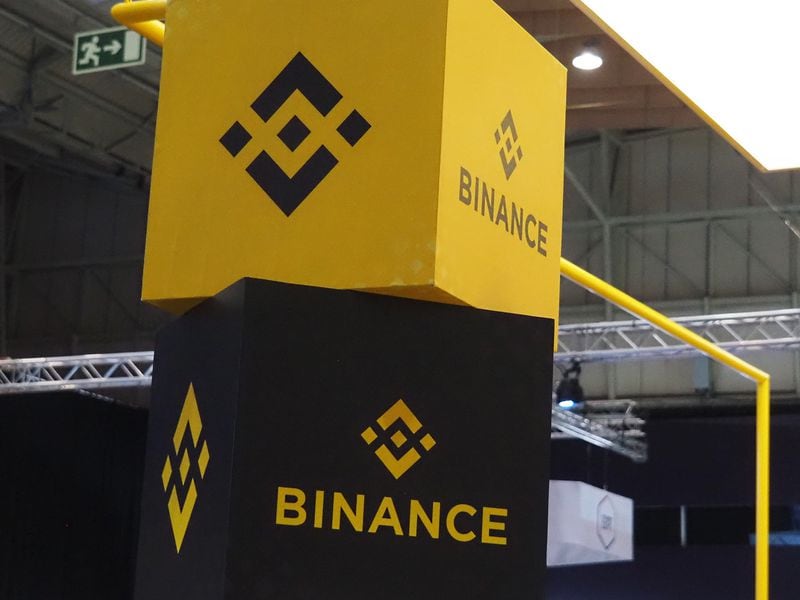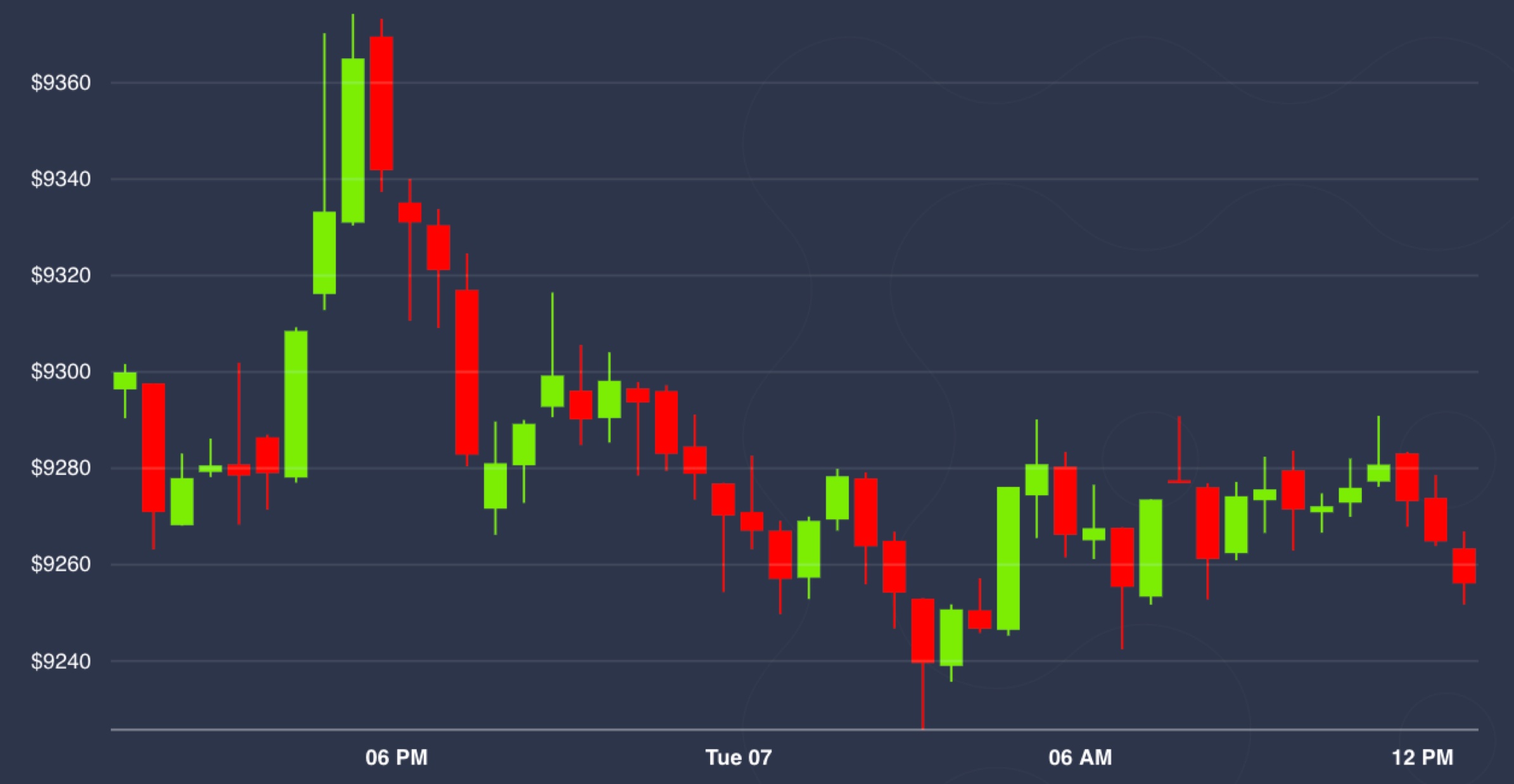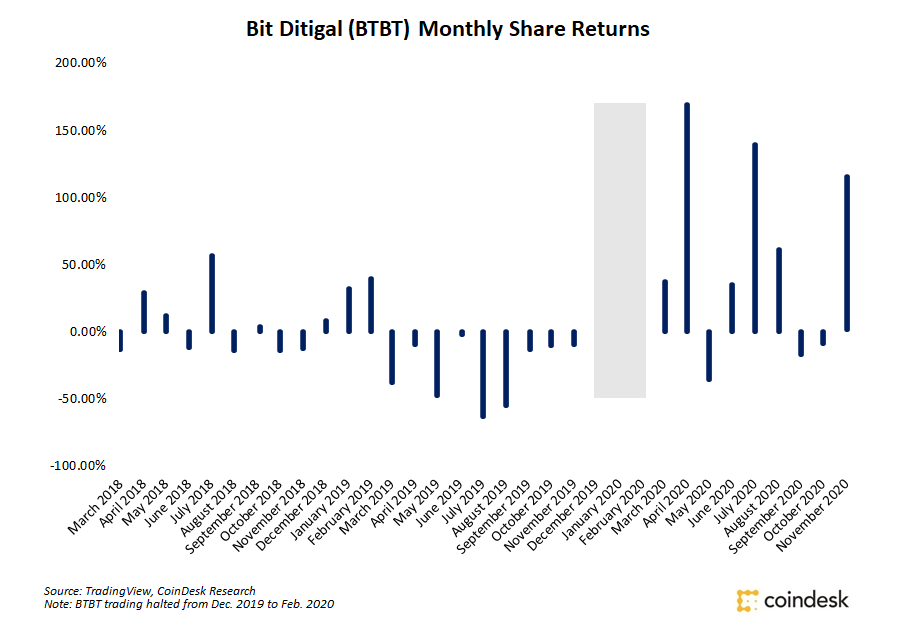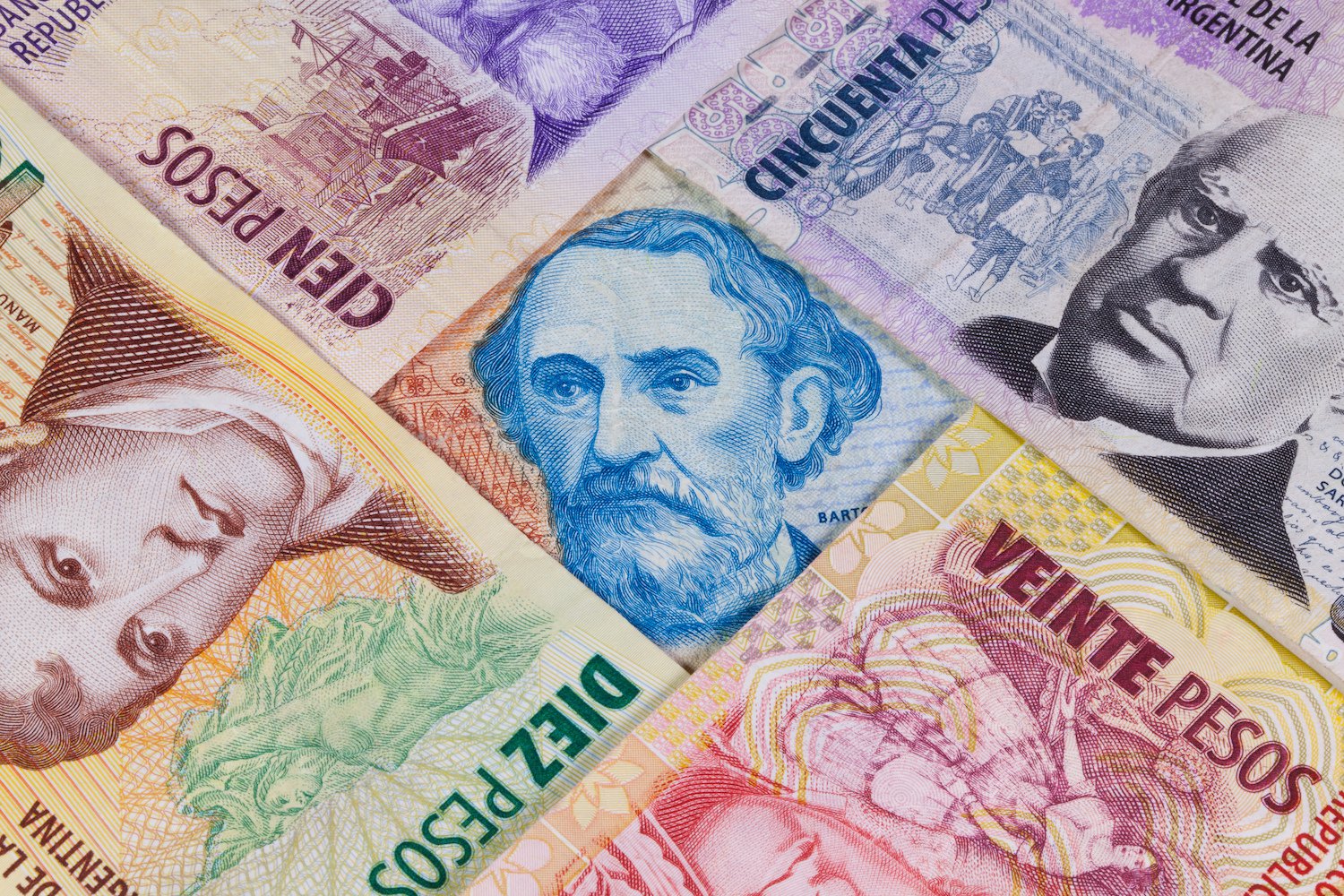‘Party Starters’: Stellar Event Sees Frank Discussion of Crypto Market Makers

MEXICO CITY — If a startup hopes to release a token without embarrassing itself in the early days, there is one important thing it should do: hire a market maker.
That was the message from a panel Monday at Stellar’s Meridian conference in Mexico City.
“Market makers provide this initial step where you can start trading,” said Sergey Yusupov, the founder of Stellar infrastructure startup Apay.
Thomas Scaria, a recent alum of payments firm Wyre and who’s now working on a stealth-mode ethereum startup, described market makers with a metaphor: “You want your cool friends to show up early to the party so it looks like something is happening,” he said, adding:
“They are kinda the party starters.”
Market making is widespread but generally discussed in hushed tones in the crypto space.
When Blockstack disclosed in a filing with the U.S. Securities and Exchange Commission (SEC) last month that it contracted GSR Markets to provide liquidity for its STX token, it became one of the few startups to publicly acknowledge the practice.
“Crypto matures towards transparent relationship with market makers,” Blockstack CEO Muneeb Ali said later on Twitter.
Not to be confused with the fake volume industry, industry insiders say, market makers are a fixture in any mature financial market. They set up shop in very liquid markets, offering to always buy at a given price and sell at a slightly higher price. They make profits on that spread and aim for volumes that make the business worthwhile. While other buyers and sellers can also participate, market makers help to smooth out any gaps on either side of the order book.
For a price
In order to participate in a market, though, a market maker needs a large quantity of the asset for its sell side – and they are not going to take that risk on their own for a brand-new asset with no proven demand. That’s why Monday’s panelists argued startups should cover the cost of that risk.
“Get your checkbook out,” Scaria said.
Scott Freeman of market maker JST Capital said that when his firm takes on a new client, it actually likes to do some consulting before it gets started.
“We really approach it as a partnership,” he said, explaining that it’s important that his team understands the startup’s community, the product it’s bringing to market and the founders’ expectations.
Freeman also encourages token projects to think about market-making as more than price support. If people need a token to use a product, that token needs to be easy to obtain, so it needs liquidity.
“View this as a marketing expense to some extent,” he cautioned. “This is the first piece of a very complex puzzle.”
And just like marketing, there’s nothing that a market maker can do about a fundamentally bad product. Said Freeman:
“If people look at your project and don’t have faith in it, they are not going to buy your token.”
Panel image: (left to right) Shift Markets CEO Ian McAfee, Apay founder Sergey Yusupov and Wyre alum Thomas Scaria. Photo by Brady Dale for CoinDesk









